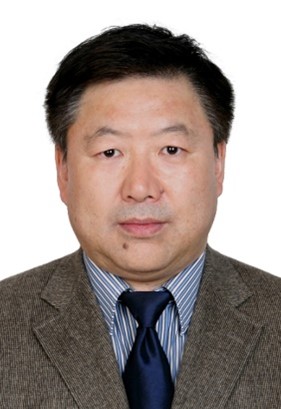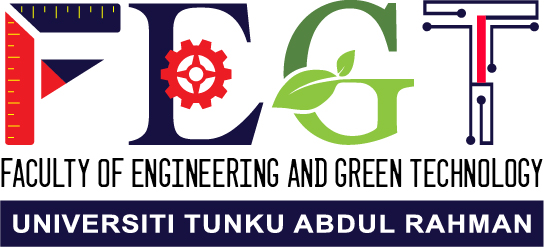Invited Speaker

Prof. Xiping Guo
State Key Laboratory of Solidification Processing,Northwestern Polytechnical University, China
Speech Title: Effect of Carbon Contents on Microstructure and Properties of Nb-Si Based Ultrahigh Temperature Alloys
Abstract: Nb-Si based ultrahigh temperature alloys possess low densities, high melting point and good high temperature mechanical properties, which are expected to be employed as the promising high-temperature structural materials to replace nickel-based superalloy at 1200-1400 ℃ for aviation turbine engine blades. In the present presentations, the Nb-Si based alloys adding element carbon were prepared by vacuum non-consumable arc melting. The microstructure, nanoindentation microhardness, room temperature fracture toughness, compressive strength at 1250℃ and oxidation resistance of the alloy were evaluated. The results show that adding carbon in multi-elemental Nb-Si based alloys can make the eutectic point of the alloy move to the direction of lower silicon content, and increase the degree of hypereutectic alloy. Alloying with carbon inhibit the formation of (Nb,X)3Si phase and promote the formation of γ(Nb,X)5Si3 phase, and precipitate (Ti,X)C in the alloys. The dissolved carbon (mainly in γ(Nb,X)5Si3) has the effect of solid solution strengthening and improve the nanoindentation hardness of phases. Alloying with carbon increase the compressive strength at 1250 ℃ of the alloys. The high temperature compressive strength of 4C alloy is 31.8% higher than that of 0C alloy due to the solid solution strengthening, the increase of primary silicide contents and (Ti,X)C precipitation. The addition of carbon can improve the fracture toughness at room temperature, the KQ value of 3C alloy was 13.5 MPa·m1/2, which is the highest value among the six alloys. Alloying with carbon reduces the oxidation resistance of the alloy at 1250 ℃, and the oxide film thickness and porosity of the alloy increase.
Keywords: Nb-Si based ultrahigh temperature alloy, carbon alloying, phase constituents, room-temperature fracture toughness, high-temperature compressive strength, high-temperature oxidation resistance, nanoindentation hardness.
Biography: Prof. Guo got his Ph. D in the field of Materials Science and Engineering in Northwestern Polytechnical University in 1992. He was promoted to a full professor in 2000 in Northwestern Polytechnical University. Prof. Guo’s main research interests are in the field of physical metallurgy of ultrahigh temperature structural metallic materials, such as Nb-Si based ultrahigh high temperature alloys. His research focuses on the compositional design, melting and integrally directional solidification techniques, and microstructure and property evaluation of the refractory alloys. His group has also developed silicide based protective coatings for Nb-Si based alloys. He has published more than 190 SCI indexed academic papers. His H-index is 30 now. He has obtained 6 ministry-level science and technology progress awards and 10 authorized national invention patents of China.


